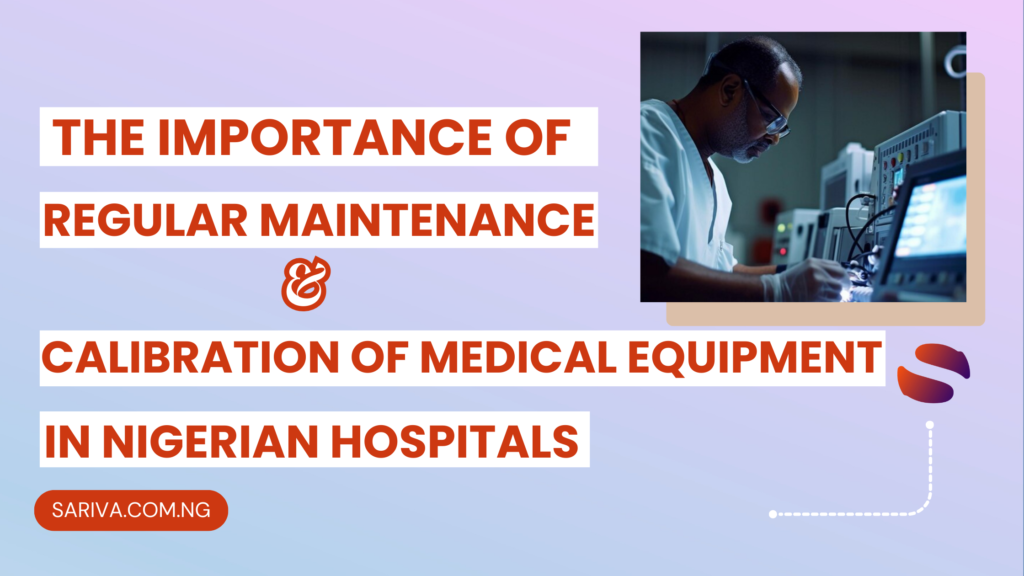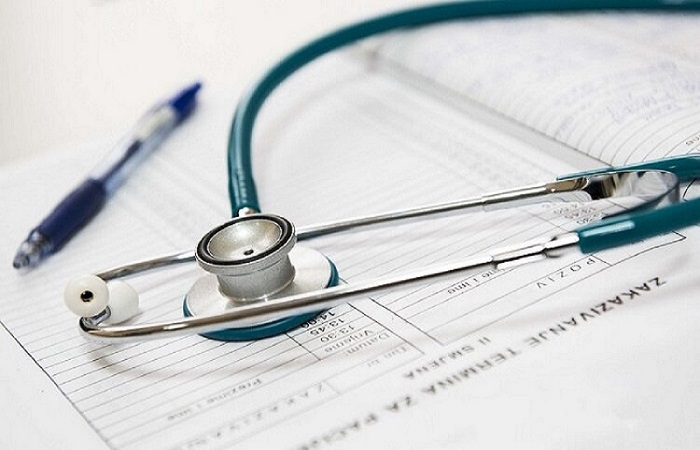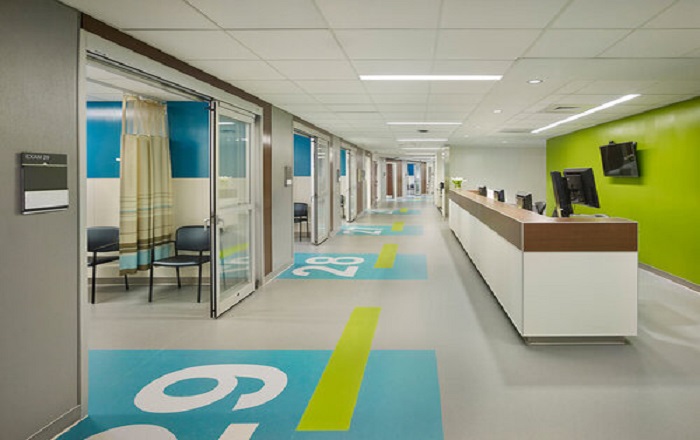Modern equipment such as ventilators, monitors, and diagnostic devices is indispensable in any healthcare facility. Medical equipment can be said to be wholly at the heart of modern healthcare. However, the importance of regular maintenance and calibration is often overlooked. This can lead to inaccurate results and equipment breakdowns that jeopardize patient care.
Why Maintenance and Calibration Are Crucial
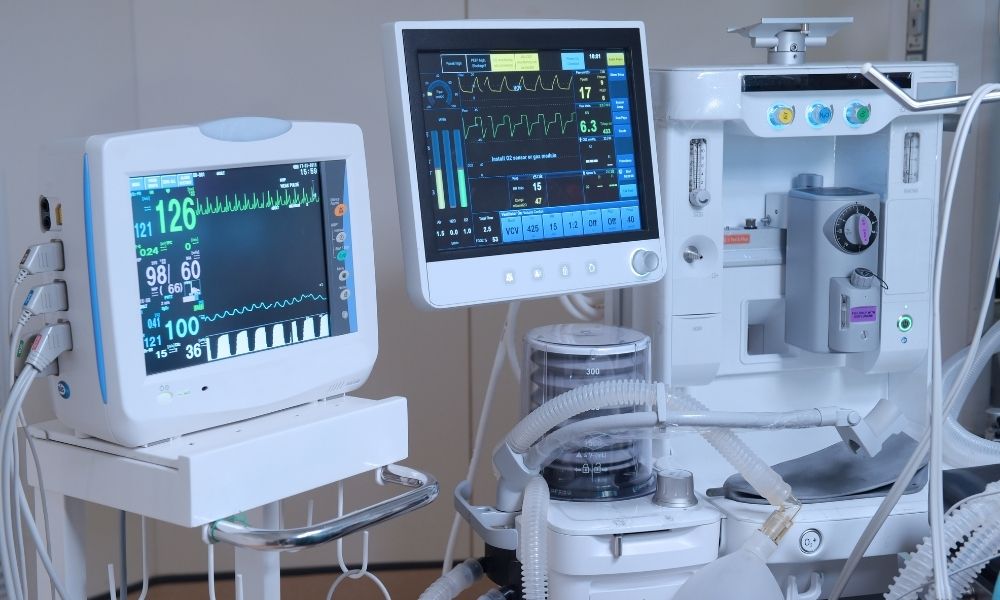
Imagine going to a hospital and then receiving an incorrect diagnosis because a lab analyzer wasn’t calibrated? Situations like that are preventable with regular maintenance and checks. Calibration ensures that equipment like ventilators, blood pressure monitors, and diagnostic machines give accurate readings. Meanwhile, maintenance keeps these devices functioning optimally, extending their lifespan and avoiding costly repairs or replacements.
For instance, some hospitals in Nigeria often face challenges with outdated or overworked machines. A broken X-ray machine or malfunctioning dialysis equipment can halt critical procedures. This not only disrupts healthcare services but also destroys patient trust.
What Nigerian Hospitals Are Doing
Efforts to maintain medical equipment in Nigeria vary:
- Federal Institutions: Centers like the National Laboratory Equipment Calibration Center (NaLECC) work to ensure medical laboratories meet global standards. NaLECC provides calibration services for vital equipment such as pipettes and thermometers, ensuring accuracy in medical testing. The calibration of other equipment such as centrifuges, autoclaves, incubators, weighing balance, e.t.c. are carried out onsite at the healthcare or laboratory facilities.
- Private Healthcare Providers: Some private hospitals collaborate with health companies for maintenance and advice. For instance, Sariva Healthcare, a healthcare equipment supply company in Nigeria, supports hospitals in optimizing their equipment budgets. They provide guidance on purchasing strategies, offer maintenance through the lifespan of the equipment and encourage predictive maintenance to prevent failures.
Companies like Sariva Healthcare and Danhodi Engineering Limited can provide tools and strategies to help hospitals optimize their equipment investments and plan maintenance schedules.
How Maintenance Happens
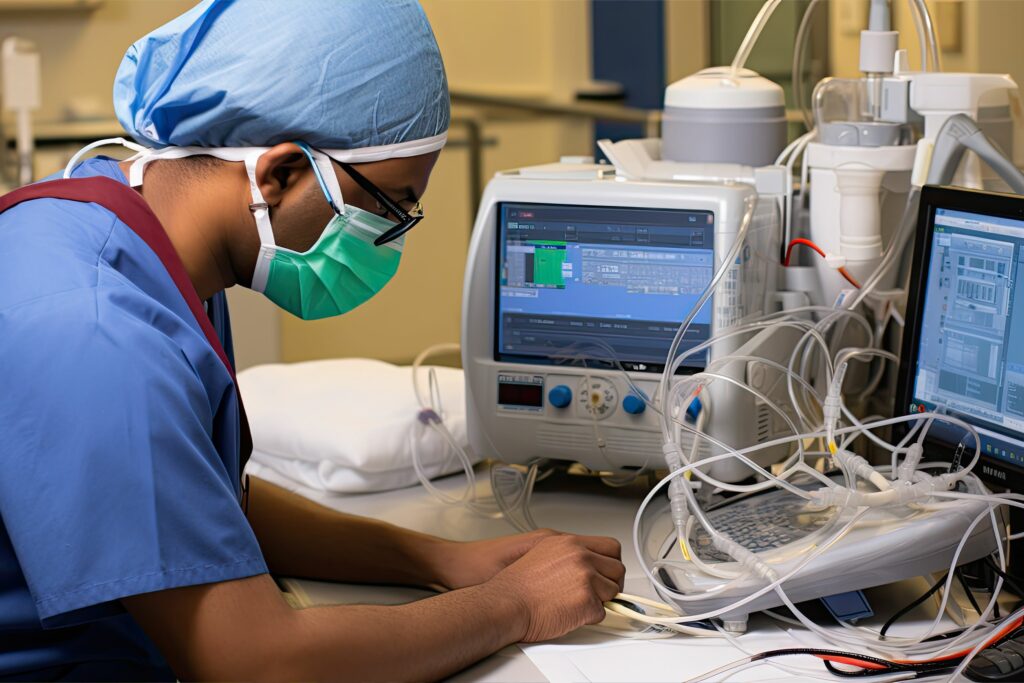
Maintaining medical equipment involves:
- Routine Inspections: Regular checks to identify wear and tear.
- Calibration: Aligning machines to meet manufacturer standards for accurate results.
- Professional Support: Employing in-house biomedical engineers or partnering with external specialists like NaLECC for calibration services. Additionally, private companies like Sariva Healthcare can guide hospitals in maintaining and sourcing replacement parts while Danhodi Engineering Limited renders long-term Maintenance Contracts.
Benefits for Nigerian Healthcare
When medical equipment is well-maintained:
- Patients receive accurate diagnoses and treatments.
- Hospitals save money by avoiding sudden equipment failures and costly repairs.
- Fewer breakdowns lead to uninterrupted services, which is critical in emergencies.
- Healthcare delivery becomes more reliable, enhancing patient trust.
Moving Forward
While maintaining and calibrating medical equipment can be challenging, it’s an investment no healthcare facility should overlook. With guidance from organizations like NaLECC and support from healthcare suppliers like Sariva Healthcare and Danhodi Engineering Limited, Nigerian hospitals can ensure their equipment is reliable, helping them deliver better patient care.
Whether you’re running a small clinic or a large hospital, investing in maintenance is a step towards ensuring safer and more reliable healthcare for Nigerians.

